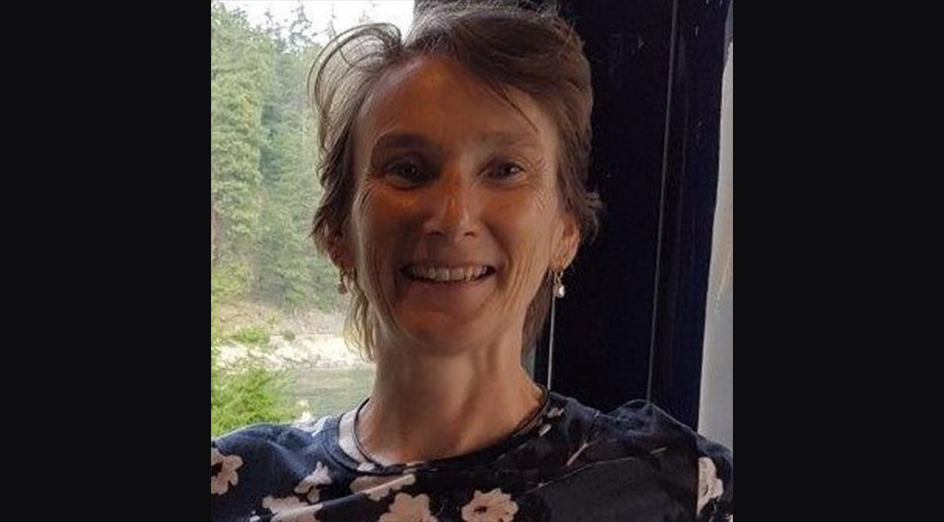A ground-breaking project set up to protect the health of Aboriginal mothers and their families in rural communities by optimising the screening and management of hyperglycaemia in pregnancy has received a $3.2 million funding boost from the Medical Research Future Fund.
Professor Julia Marley, a Senior Principal Research Fellow from The University of Western Australia's Medical School and the Rural Clinical School of WA, is chief investigator of the ORCHID Study - a collaboration between the Rural Clinical School of WA, Kimberley Aboriginal Medical Services and their member services, Diabetes WA and WA Country Health Services.
In welcoming the funding, Professor Marley said diabetes disproportionately impacts the lives of Aboriginal people, with predisposition beginning in pregnancy.
 Image: Senior Principal Research Fellow Professor Julia Marley.
Image: Senior Principal Research Fellow Professor Julia Marley.
"Hyperglycaemia or high blood glucose in pregnancy increases babies' risk of birth defects and being born premature and by caesarean, as well as being born larger or smaller than optimum, with low blood glucose levels, and difficulty breathing," Professor Marley said.
"Babies have increased risk for obesity and altered glucose metabolism in childhood and for future diabetes, and mothers have increased risk for future diabetes and cardiovascular disease – it is a significant and far-reaching health issue, particularly affecting remote and rural communities."
Ms Erica Spry, Bardi Jawi traditional owner and co-chief investigator from the Kimberley Aboriginal Medical Services and the Rural Clinical School of WA, said the new funding would allow the project to implement, evaluate and refine the alternative screening that earlier phases of this study identified for detecting high blood glucose in pregnancy at regional, state and national levels.
"The ORCHID Study is to benefit all ethnicities, especially our Aboriginal women, it is important to acknowledge all the women across WA who have participated in the ORCHID Study, we thank you all," Ms Spry said.
"With this grant, we will begin sharing sugar management tools to help assist Aboriginal women with managing their high blood glucose levels in pregnancy and work on ways to support the family of the expecting mums. This funding will help us bring benefits back to our community members.
"As already proven effective, we'll use three-way learning between Aboriginal community members, health providers and researchers to co-design and trial self-management strategies for high blood glucose in pregnancy.
"We want to help and assist empower Aboriginal women and their families to make positive lifestyle choices aimed at improving birth outcomes and health for subsequent pregnancies and prevent or delay progression to chronic disease."
In congratulating Professor Marley and her team, UWA Deputy Vice-Chancellor (Research) Anna Nowak said the funding would make a difference in tackling "an incredibly important health issue".
"This project is improving and promoting the health and well-being for Aboriginal people in remote Australia through practical community and health services-based research and working hand in hand with local communities, work which is having tangible and significant outcomes," Professor Nowak said.
The Medical Research Future Fund is a $20 billion long-term investment supporting Australian health and medical research. The fund aims to transform health and medical research and innovation to improve lives, build the economy and contribute to health system sustainability.






